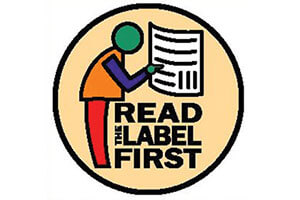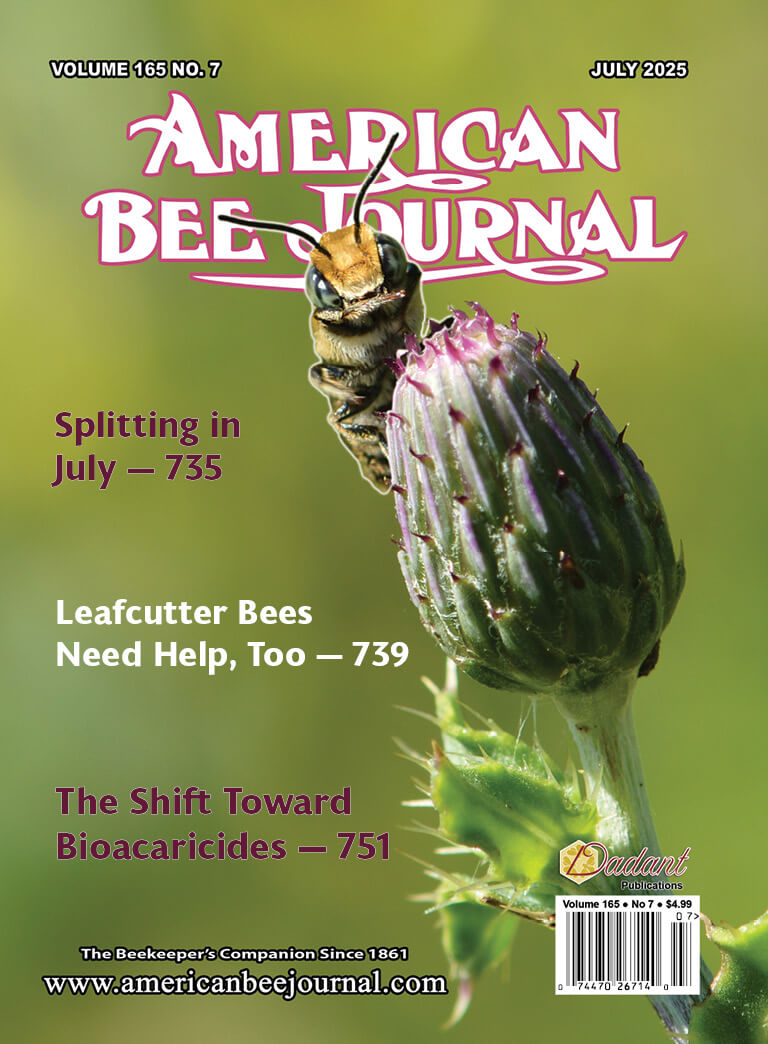
The University of Georgia, College of Agricultural and Environmental Sciences states:
“For fruit or nut bearing crops, pollination can be a grower’s last chance to increase yield. All post pollination inputs, whether growth regulators, herbicides, fungicides, or insecticides, are generally designed not to increase yield but to conserve losses.”
AgriCultures Network writes in “Managing for higher yields,” “Less than 5% of the world’s insects are harmful to humans or crops.” And yet, “95% of insects killed by blanket applications of pesticides are not pests and may even be beneficial.”
The National Strategy to Promote the Health of Honey Bees and Other Pollinators published in May 2015 stated “exposure to pesticides” is one of pollinator stressors; and, “It is the misuse and overuse of these pesticides that leads to adverse ecological and human health consequences.”
Jim Jones, Assistant Administrator for EPA’s Office of Chemical Safety and Pollution Prevention at the MP3 Symposium in March of this year stated, “unless we solve the bee health problem the heat will not come off pesticides.”
Splevin has pointed out in his review in Bee Culture of “The Indispensable Honeybee” the detrimental effect upon bees from pesticides has not changed since 1973.
“The decline of beekeeping in the U.S. can be attributed to three specific problems—poor honey prices, pesticides, and limited bee pasture. The order in which the problems are rated will depend on where the beekeeper lives in the U.S. In some areas, it may just be one problem affecting the beekeeper and in other areas it might be a combination of all three.”
Pesticides are and have been a documented issue for beekeepers for more than forty years.
The short answer, the historic answer to protecting bees and native pollinators are best management practices advised by Agricultural Extension, Researchers, and State Dept.’s of Agriculture to prevent bee poisonings by pesticide exposure:
- Avoid spraying crops when they are in bloom
- Avoid …


